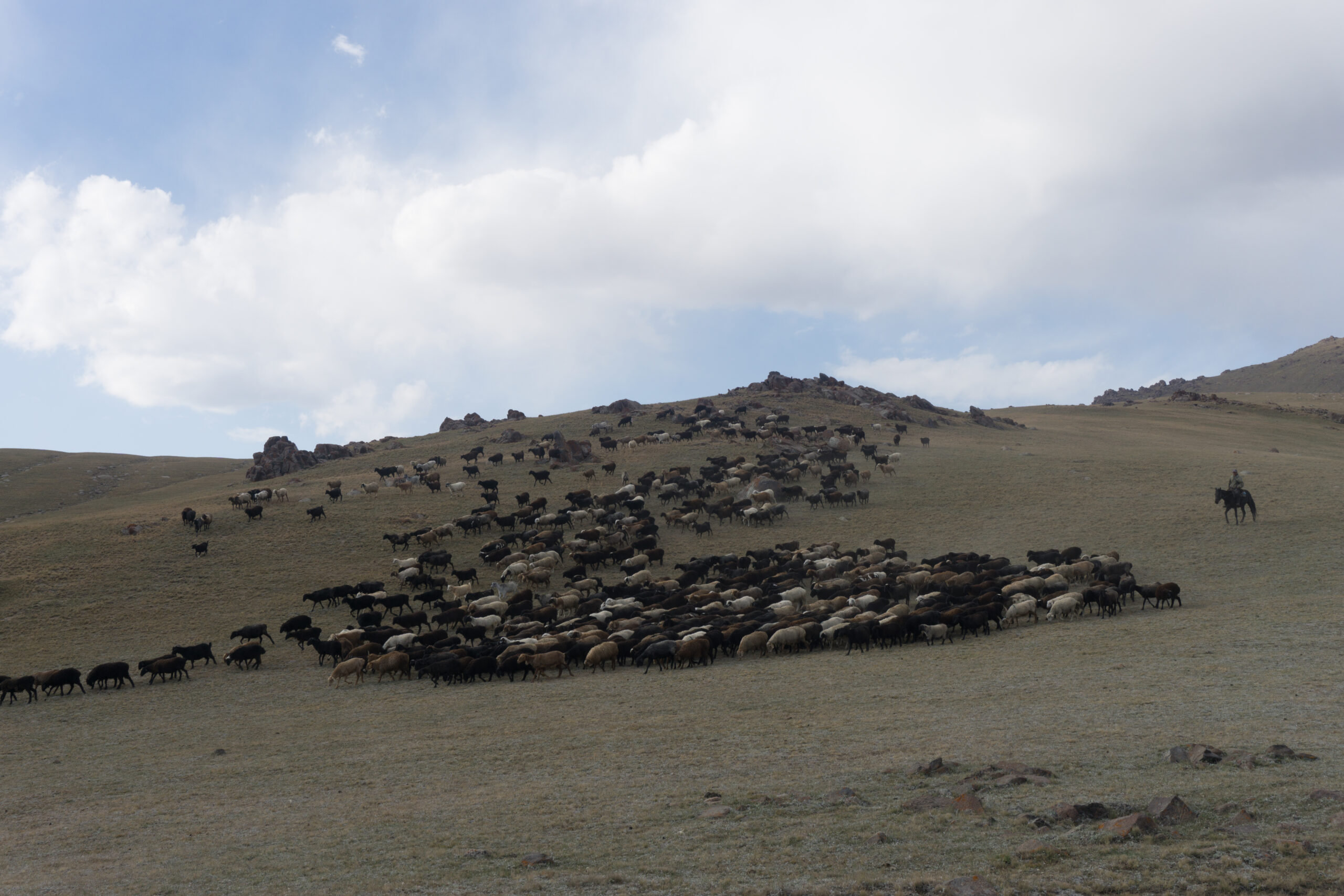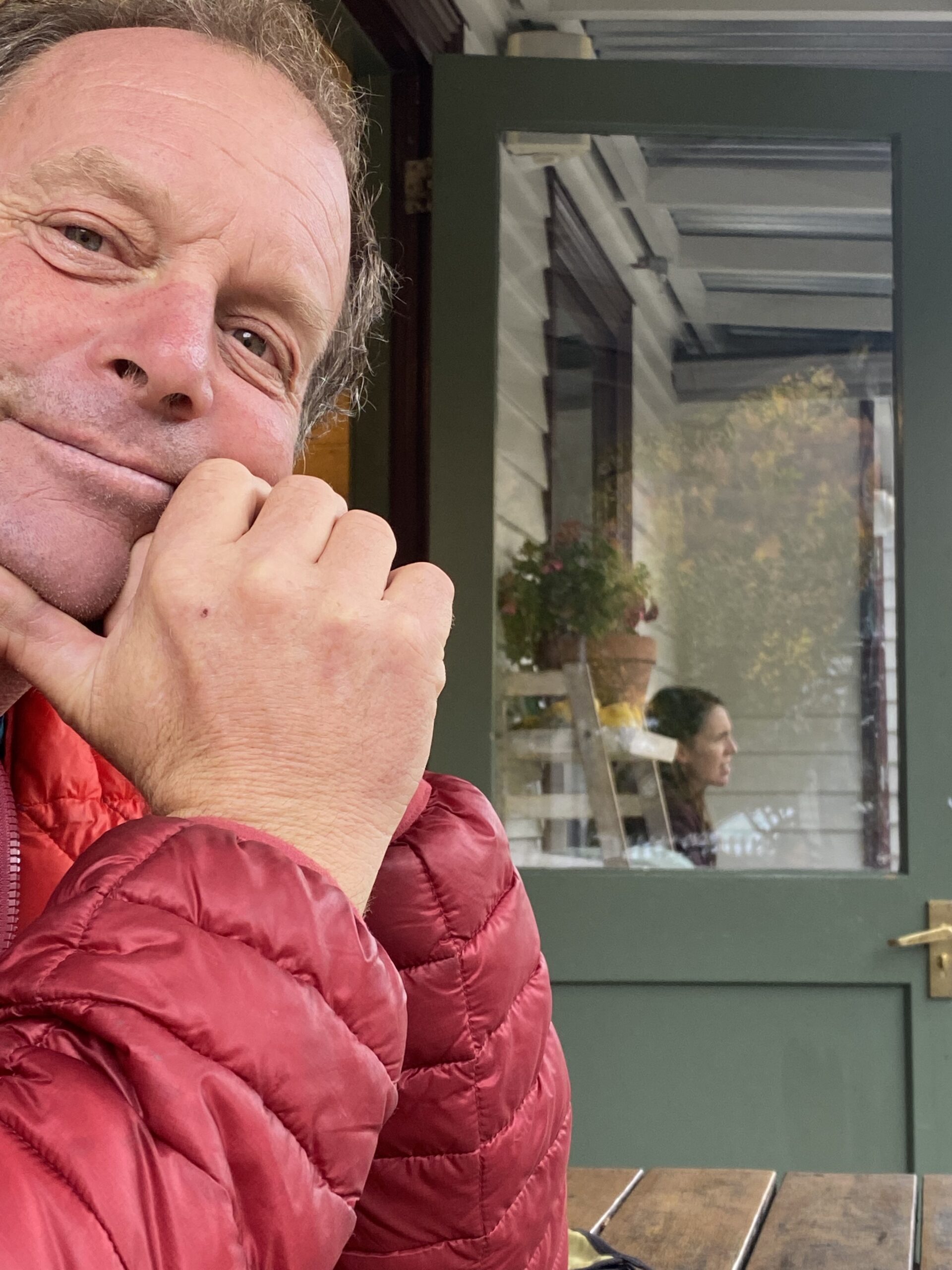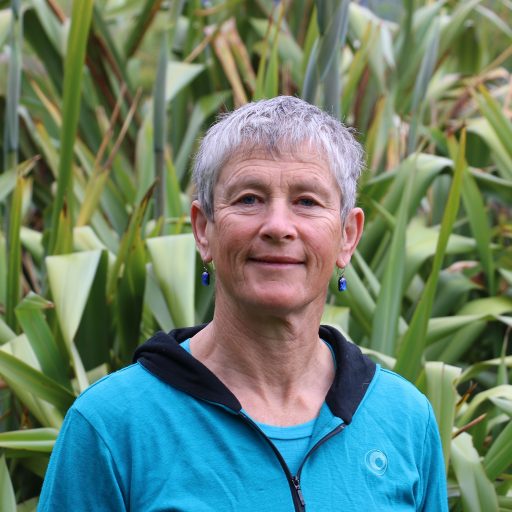A herd of fat-bottomed sheep in Kyrgystan above Song Kul Lake. Fat-bottomed sheep are native to this part of the world. There’s literally a large pad of fat on their rump which wobbles as they walk. There’s very little fat in any of the other available food sources so fat-bottomed sheep are prized.
We have been listening to the Messiah of late, for no particular reason other than that it makes a nice background at dinner time. For me it brings back happy memories of going to the sing along Messiah concerts at the Christchurch town hall. One learned the score of the sing along songs to some degree beforehand and then everyone belted out the music, following the professional choir, standing in the Christchurch Town Hall auditorium (recently rebuilt following the Canterbury earthquakes). It might have hurt the ears of the choristers and the orchestra, but it was great fun.
The chorus of ‘All We Like Sheep’ has particularly resonated with me, both the tune and the words. In the New Zealand of the 1970s we certainly did like sheep – we reached peak sheep in 1982, with over 70 million of them. The removal of farming subsidies in the 1980s hit sheep farmers hard, as did the decreasing international interest in hard wool. Wool clothing was replaced by synthetic fibres, and carpet salesmen convinced consumers that nylon was greatly superior to wool. (although this is not necessarily true). Today there are around 27 million sheep in New Zealand. Over 3 million of these are merinos – over the last 25 years, merino wool has grown in favour as natural clothing fibre with the advantages of wool, but with much softer texture than earlier wool garments. New Zealand lamb has also retained international popularity as a farm-sourced meat; when I am overseas I often feel like people outside New Zealand prize it more than New Zealanders do.
‘All we like sheep…’ also resonates today, in the COVID-19 era. We are required to behave like sheep, and to herd well. Isiah 53:6 goes on to note ‘…have gone astray…’. In the first days of Level 4, and again in the first day of Level 3, a reasonable number of people may have gone astray somewhat. However, I was quite amazed at how compliant the New Zealand population turned out to be in Level 4, and I would hazard a guess that people will similarly come further into line in Level 3, as expectations become clearer. New Zealand is not a country where I would have expected people to behave in a very sheep-like fashion – our culture does not seem particularly compliant and certainly not when compared to say Singapore (where the importation and selling of chewing gum is banned to keep sidewalks tidy and stop people sticking it in elevator buttons), or Switzerland (where the buses start their engines 20 seconds prior to the departure time and pull out from the station on the dot).
By happenstance, while I was pondering this issue of compliance while out running, Radio New Zealand brought psychologist Michelle Gelfand in to answer some of my questions. Social norms or rules are necessary as glue that holds cultures together; they give us identity and allow us to coordinate and cooperate at extraordinary scale. Cultures vary in the degree to which they emphasise norms and comply with them. It turns out that New Zealanders rank with the Greeks and Brazilians in terms of being a ‘loose’ rather than a ‘tight’ culture; in other words, we aren’t too high up the compliance tree. The up-side of a loose culture is that we are much more adaptable, creative and willing to change. This makes me quite hopeful about our ability to come out the other side of the COVID-19 pandemic successfully.
Gelfand noted that cultures which are accustomed to having external threats are likely to behave more tightly; she hypothesises this is because survival is enhanced by rapid adherence to rules when a society is threatened by war or natural disasters. New Zealand isn’t too accustomed to threat of war, being rather out on its own. Nor has the country had country-wide natural disasters; we have had the Canterbury and Kaikoura earthquakes, but these did not threaten the national psyche, more local communities (she actually attributed a much greater degree of threat to the whole populace than I do).
What Gelfand has also found is that, when a country comes under threat, its population is more likely to behave in a ‘tight’ way, although a ‘looser’ country may take longer to achieve tight behaviour. When people perceive threat (whether real or imagined) they want strong rules and autocratic leaders to help them survive (I can’t help wondering how much this takes us back to being a child and wanting an authoritative parent). Gelfand’s thesis fits very well with what we have seen in New Zealand – everyone doesn’t conform immediately but does settle down to largely work within the rules over a short period of time.
Another interesting point made in the interview was the significance of the egalitarian side of New Zealand culture. Gelfand considers New Zealand to be very egalitarian, on a world scale. She theorised that this egalitarianism has led to our telling off rule breakers, including the Minister of Health, because we consider our rules apply to all and definitely to any ‘tall poppies’. This behaviour is another force to bring the general populace into line; we are quite prepared to tell each other that we ought to be behaving. At least, we are quite prepared to do so through an anonymous phone line to government. Gelfand defines our egalitarian streak as a ‘tight domain’ within a ‘loose culture’ – she thinks that such tight/loose checks and balances exist for a culture to function successfully. If you try to be tight in everything, you run the risk of non-compliance or anarchy (all parents know this!).
In conclusion, we are somewhat like sheep, and that is good in a pandemic, particularly at the time of greatest crisis. However, our non-sheepness needs to start coming out now, such that we do not try to revert to the norms of the past, flocking back to what we know. We need to harness our declining No. 8 fence wire culture and fire up our inventiveness that made tractor engines power ski field lifts made out of ropes, to see all the possibilities that can be created from the capability and assets that we have in our country. That capability and asset base is adaptable. What we need are agreed values as stars for us to steer by; finding those stars is our next and greatest challenge.

A Tajik fat bottomed sheep that is steering a new course with its cow friendDiscover more from Jane Shearer
Subscribe to get the latest posts sent to your email.



